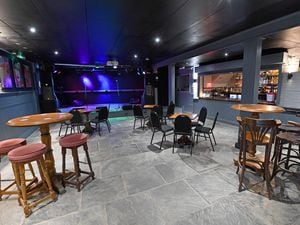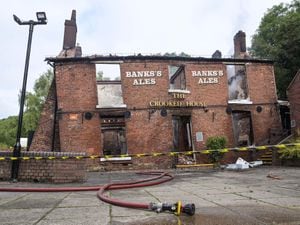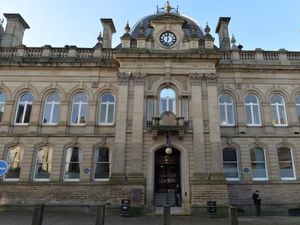Leaders unite to call for action over fixed odds betting machines
Councillors and MPs in the Black Country and Staffordshire have called for stricter regulations on the use of betting machines after it emerged the region's punters had gambled away more than £45 million over the last year.
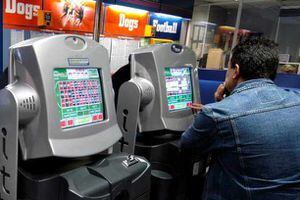
Figures from the Campaign for Fairer Gambling, CFG, show more than £226 million was gambled in the region's betting shop machines in 2015, with losses amounting to more than £123,000 a day.
MORE: Gamblers lose £45m on fixed odds machines in Black Country and Staffordshire within 12 months
Dudley South MP Mike Wood said: "The figures regarding how much cash is put into these machines are frightening.
Sandwell Amount gambled £44,880,932 Losses £8,987,717
Dudley Amount gambled £31,680,658 Losses £6,344,271
Walsall Amount gambled £30,800,639 Losses £6,168,041
Wolverhampton Amount gambled £36,960,767 Losses £7,401,000
Staffordshire Amount gambled £81,841,698 Losses £16,389,367
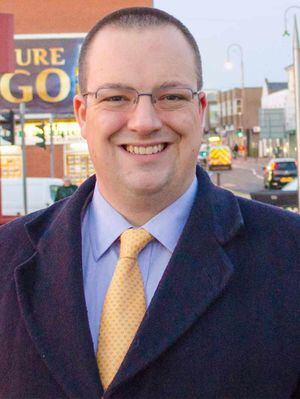
"This sort of high stakes gambling has a huge impact on a number of social issues and can obviously lead to debt.
"We need a review as quickly as possible to make sure stricter regulations are brought in to restrict the damage that people can cause by using these machines."
Mr Wood also called for devolution plans for the West Midlands to include powers for communities to determine whether new bookmakers are allowed to open.
"This is the sort of decision that could be passed down to a local level," added Mr Wood.
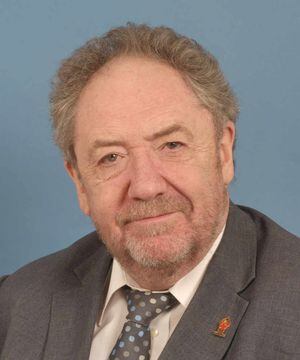
The CFG has called for a reduction in stakes on FOTBs, (Fixed Odds Betting Terminals) which allow punters to bet £100 every 20 seconds.
Wolverhampton council leader Councillor Roger Lawrence said the authority was actively seeking ways to increase controls on the use of FOBTs.
"I think if you look at all the data available it is clear that people who use these machines can lose a lot of money in a very short space of time," he said.
"They are extremely addictive and for vulnerable people that is bad news. We don't want to play the role of killjoys, but it is clear there needs to be more legislation to regulate these machines."

Councillor Steve Eling, leader of Sandwell Council, said that in the past the authority had its 'hands tied' when it came to controlling the number of betting shops in the borough.
"Because of laws around planning we have traditionally had very limited ability to deal with additional betting shops opening up at sites that already have planning permission.
"I'm not against the gambling industry, but these companies are making a fortune out of these machines and there simply must be more regulation." Sandwell Council is one of a number of local authorities that has backed calls from the Local Government Association (LGA) for a change in the current maximum stake on FOBTs.
"The machines are enormously damaging," Mr Eling added. "Some people spend all day shovelling their money in, and can resort to stealing to fund their addiction in the same way that a drug addict would. They are ruining people's lives. This is one of those occasions where people need to be protected from themselves."
Councillor Sean Coughlan, the leader of Walsall Council, said he was 'extremely worried' about the proliferation of betting shops opening near to pay-day lenders in the borough.
"The amount of money being gambled in these machines is frightening," he said. "We have had discussions on a local level and on a Black Country level over how we can enforce changes that could possibly limit the numbers of particular types of business in certain areas.
"Part of the problem in the past has been a view from local authorities that it is better to have anything in a shop than an empty shop.
"That has to change."
Peter Craske, from the Association of British Bookmakers, said that the vast majority of customers in betting shops in the Black Country and Staffordshire bet responsibly.
"We understand there are a minority of people that could be considered to have a problem, but we have brought in a number of measures to address that," he added.

